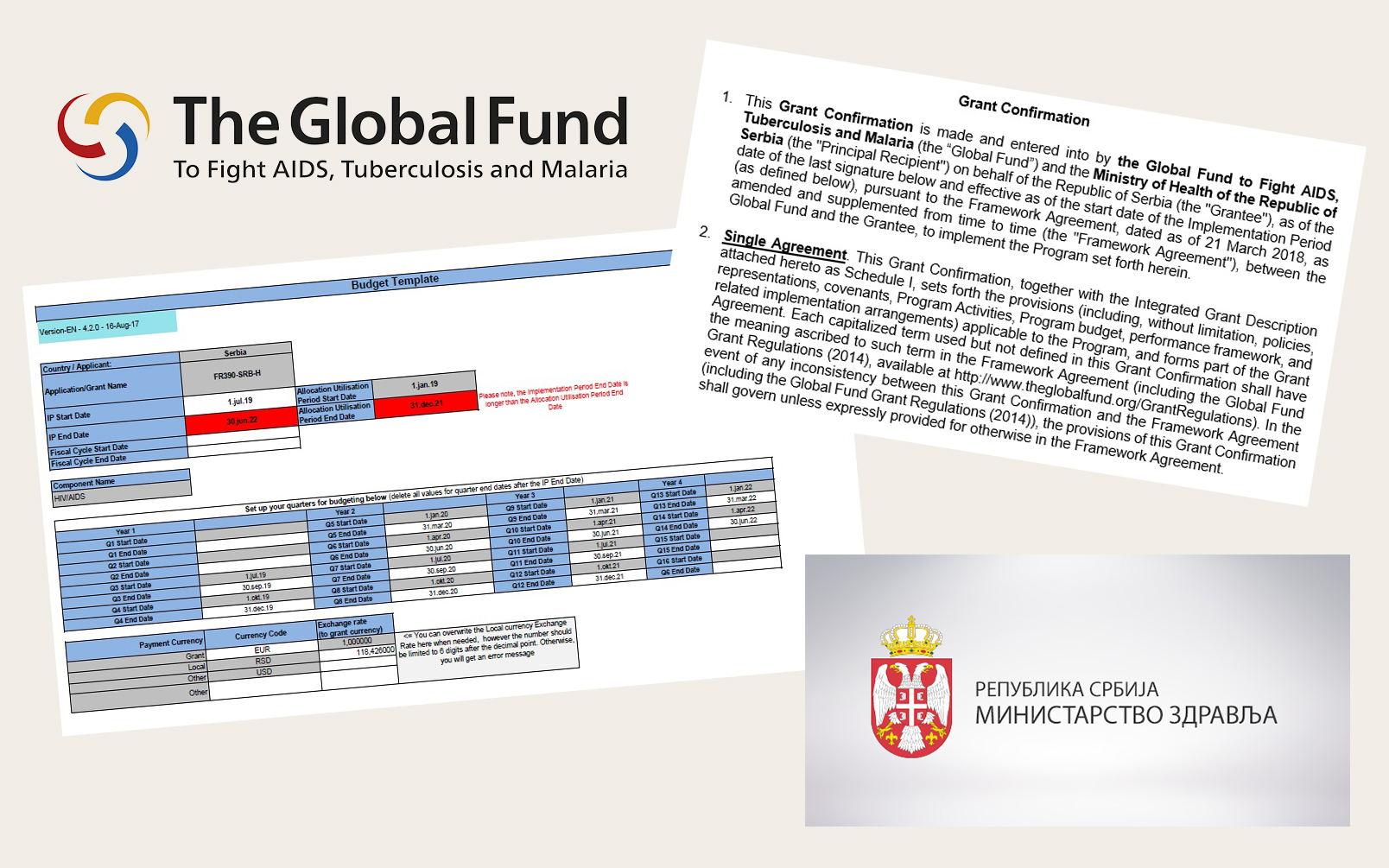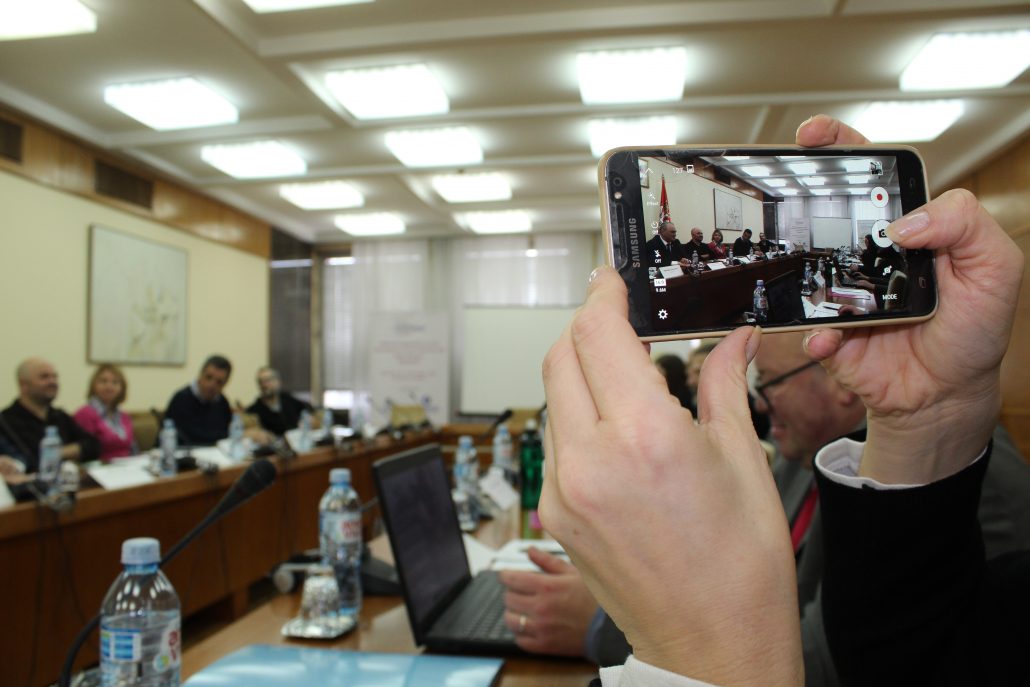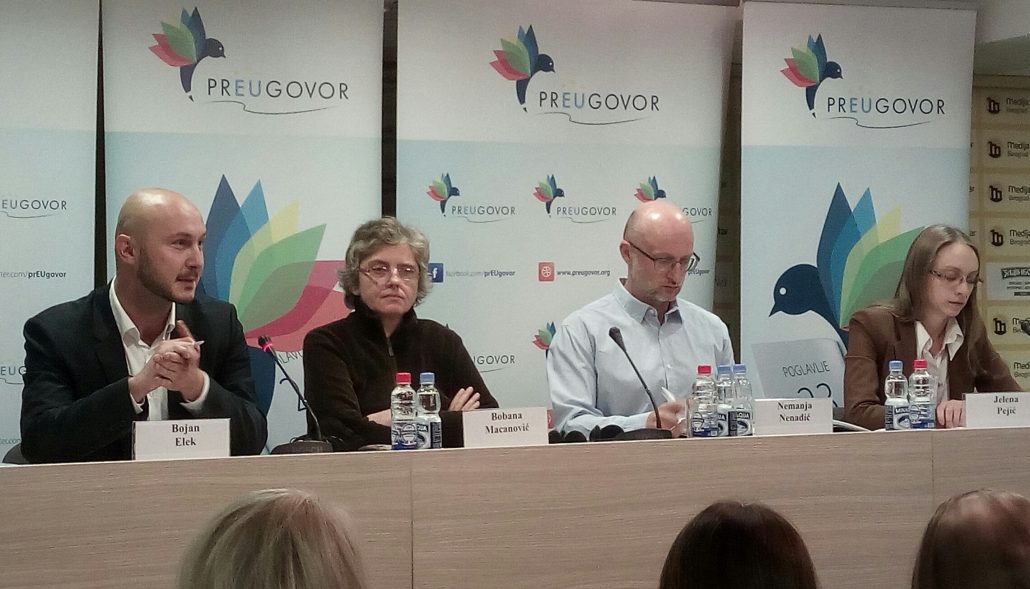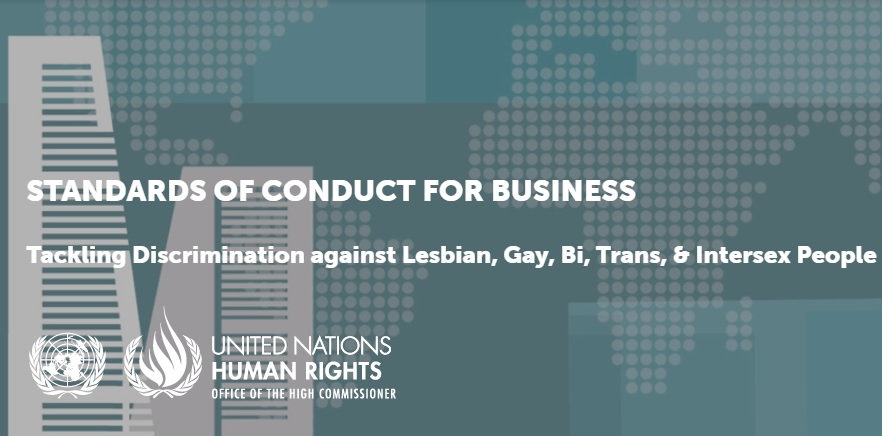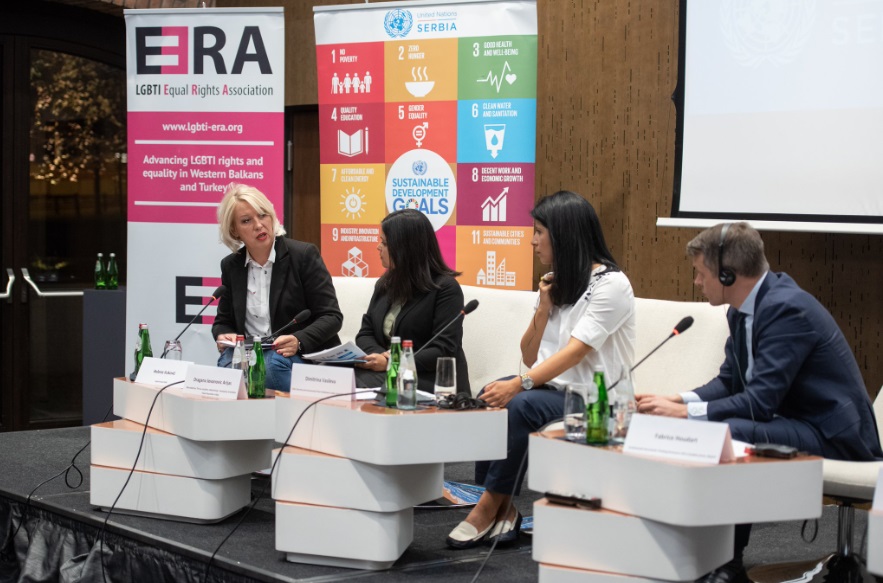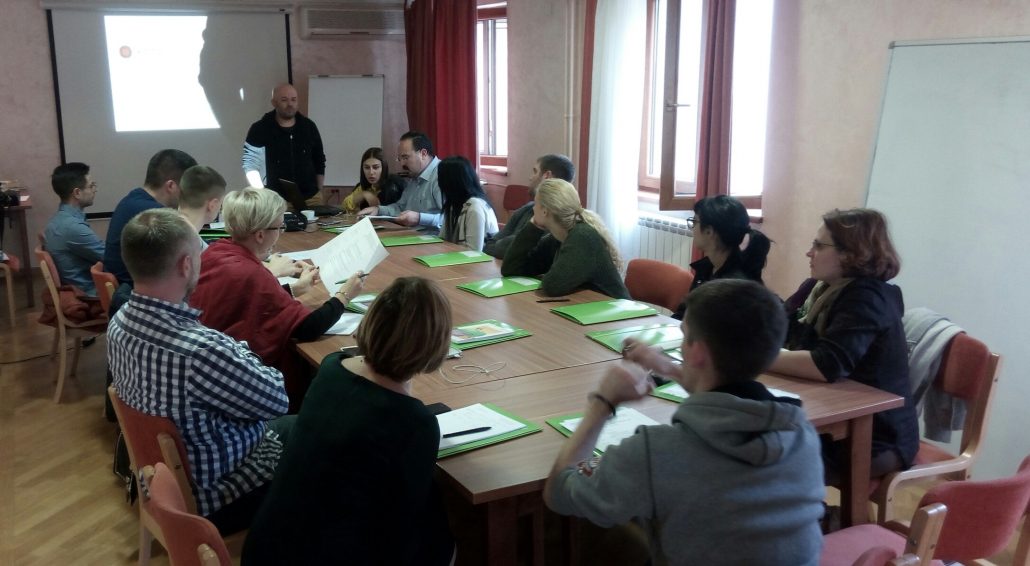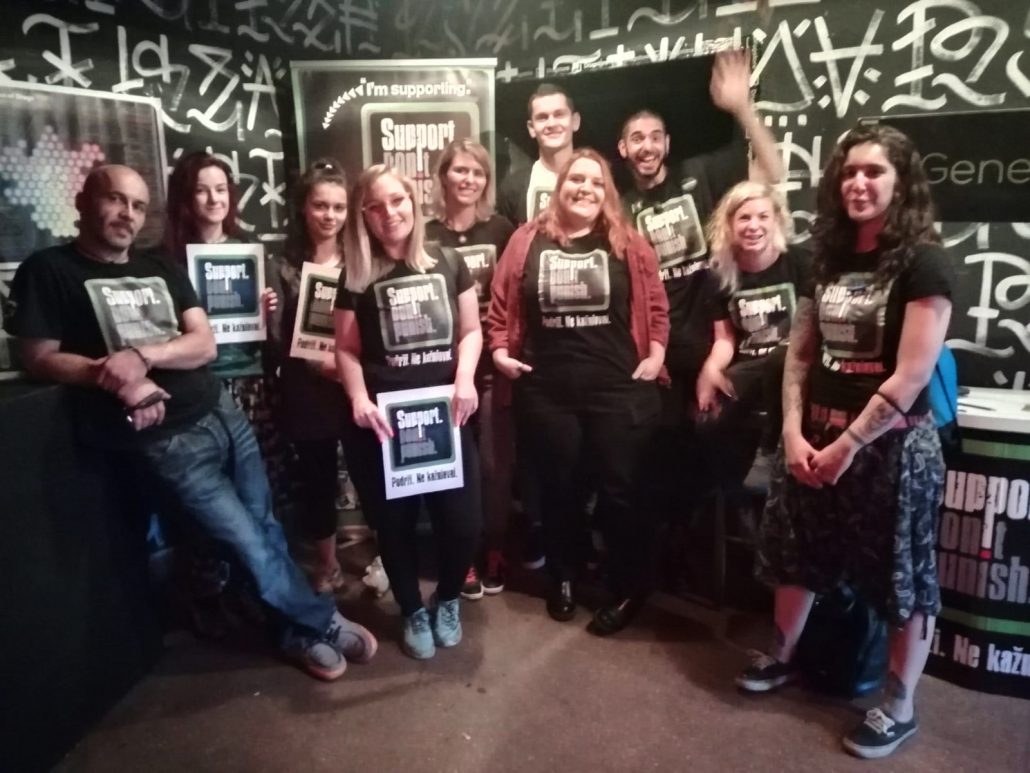At the DPNSEE General Assembly, held on 10th December 2018, in The Palace of Serbia, in Belgrade, Serbia, two new member organizations were accepted into the DPNSEE Network: Timok Youth Center (TOC) from Serbia and Center of Human Policy, from Bulgaria.
Both organizations were accepted by a unanimous decision of all present member organisations representatives.
Timok Youth Center (TOC) is a non-profit organization registered in Zaječar 2004. and operating on the territory of Zaječar, Timok region and the South -East Serbia. TOC agrees with the mission and vision of the DPNSEE and wants to actively promote the objective and open debate on the effectiveness, direction and maintenance of national, regional and international political drugs, and to promote constructive policy recommendations that lead to the adoption of human and effective drug policies in SEE.

TOC is ready to actively engage with the creators of political and decision-making bodies in Serbia and in the region of Southeast Europe.
Timok Youth Center is an organization that is recognized at the local as well as at the national level when it comes to the fight against addiction, and above all the fight against drug abuse. Preventive programs that are implemented, and which concern addiction diseases, are mostly oriented towards young people, especially with youth at risk. TOC think that the young people from 15 to 30, as a sensitive category of the population, are especially affected by the problem of drug abuse. The research that we have conducted on the territory of Zaječar district, in the last few years has shown that young people in most of these years most often try one of the drugs. Also, in the period from 2007 to 2014, TOC is an organization that worked within the Global Fund for Reducing HIV/AIDS in South East Serbia and developed a volunteer program dealing with this issue. They believe that intersectoral and partner cooperation in prevention programs and harm reduction programs are very important and we have good cooperation with local municipalities and ministries. TOC’s work has been recognized by the The Office against drugs of Republic Serbia, with which we have signed a Memorandum of Cooperation.
 Center for Humane Policy was created in 2016 by leading experts in drug addictions and drug policy field in Bulgaria. The main goals of the organization are to promote, facilitate and support development of effective, evidence based methods and policies in the field of public health, social care and education.
Center for Humane Policy was created in 2016 by leading experts in drug addictions and drug policy field in Bulgaria. The main goals of the organization are to promote, facilitate and support development of effective, evidence based methods and policies in the field of public health, social care and education.
The organization is a member of the Eurasian Harm Reduction Association (EHRA) and the chair of the Center is also co-chair of the Steering committee of the network. Center for Human Policy is very good in understanding the importance of working together with organizations from different countries to improve the drug policy situation in the region.
During the last year the organization focused their efforts on the implementation of “Preventure” in the country. It is a school-based intervention aimed at reducing adolescent drug and alcohol use in high-risk teenagers.
Nowadays Center for Humane policy relies on two experts, trained in Canada by the inventor of the Preventure methodology – Patricia J Conrod from the University of Montreal. Also the organization has personal support of professor Conrod to implement the intervention system in the country.
Center for Humane policy also builds networks with the authorities to ensure the sustainability for fereb=nt implementation of good practices, and they have the support of the Secretary of National Council on Narcotic Substances and the Vice-Minister of Ministry of Health.
Together with these activities, the organization prepares statements, reports and analyses regarding the efficiency of Harm reduction, Opioid Substitution therapy, HIV and drug treatment policies.


